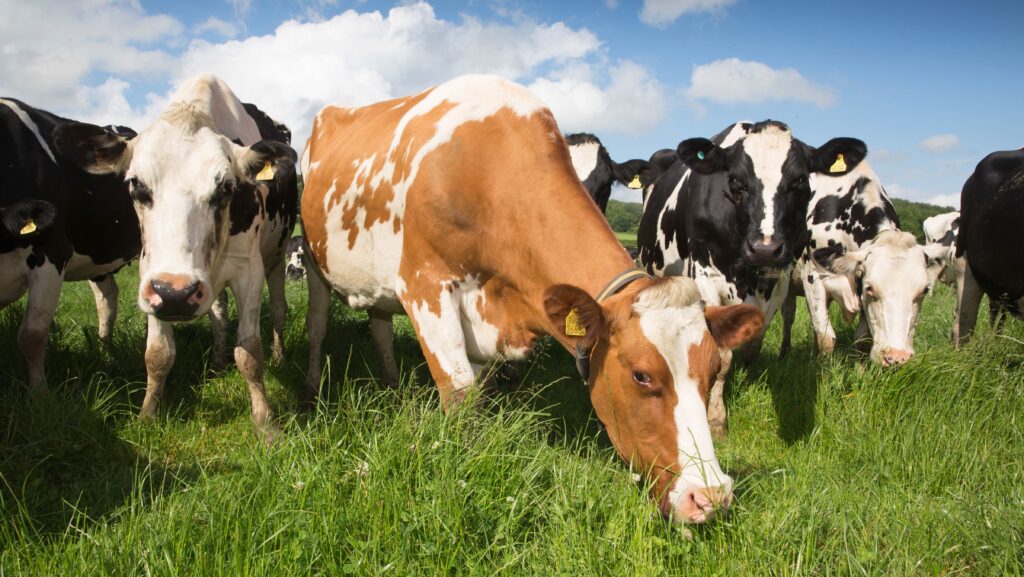Wells Farm claims price hike is to support dairy farmers
 © Tim Scrivener
© Tim Scrivener Staffordshire-based Wells Farm Dairy has urged both its retail and doorstep customers to pay more for milk so the company can offer its producers a fairer price.
The dairy has asked its retail customers for a 3p/litre increase to be able to pass on these gains to its suppliers, with the company having increased payments to its own farmers by 3.2p/litre in the last four months.
Retail sales account for 98.5% of the businesses sales, with a further 1.5% of sales coming from glass doorstep customers.
See also: UK farmgate milk prices climb despite weaker global markets
Wells Farm Dairy continues to be one of the market leaders for its farmgate milk price and works closely with its 50 local dairy suppliers.
Contentious price rise
However, the milk processor has faced some scrutiny after informing its doorstep customers it would be increasing its selling price substantially to support its farmers, but failing to mention that only a small share of the total increase would be passed on.
In a letter to customers, it said: “To help our suppliers through this difficult period, Wells Farm conventional milk price will increase your price by 10p/pint.”
It also mentioned that the UK dairy industry had faced the most challenging period of weather in living memory.
The letter went on to say that cattle had to be housed for an additional six weeks due to the prolonged wet weather, that silage making on farm had also been affected, and that ex-farm milk deliveries were down by about 2% on farm.
However, the letter failed to mention that while the price to customers had gone up by 10p/pint (equivalent to 18p/litre) the increase received by its dairy suppliers was less than 20% of this at 3.2p/litre.
Paul Holt of Wells Farm Dairy told Farmers Weekly: “We feel we offer a fair price, and this is borne out by a number of dairy farmers both joining and rejoining the company this autumn.
“We are farmers ourselves who understand more than most the challenges faced by UK dairy industry.”
Mr Holt added that the price on the doorstep had fallen substantially behind its competitors, and it was trying to address this.
